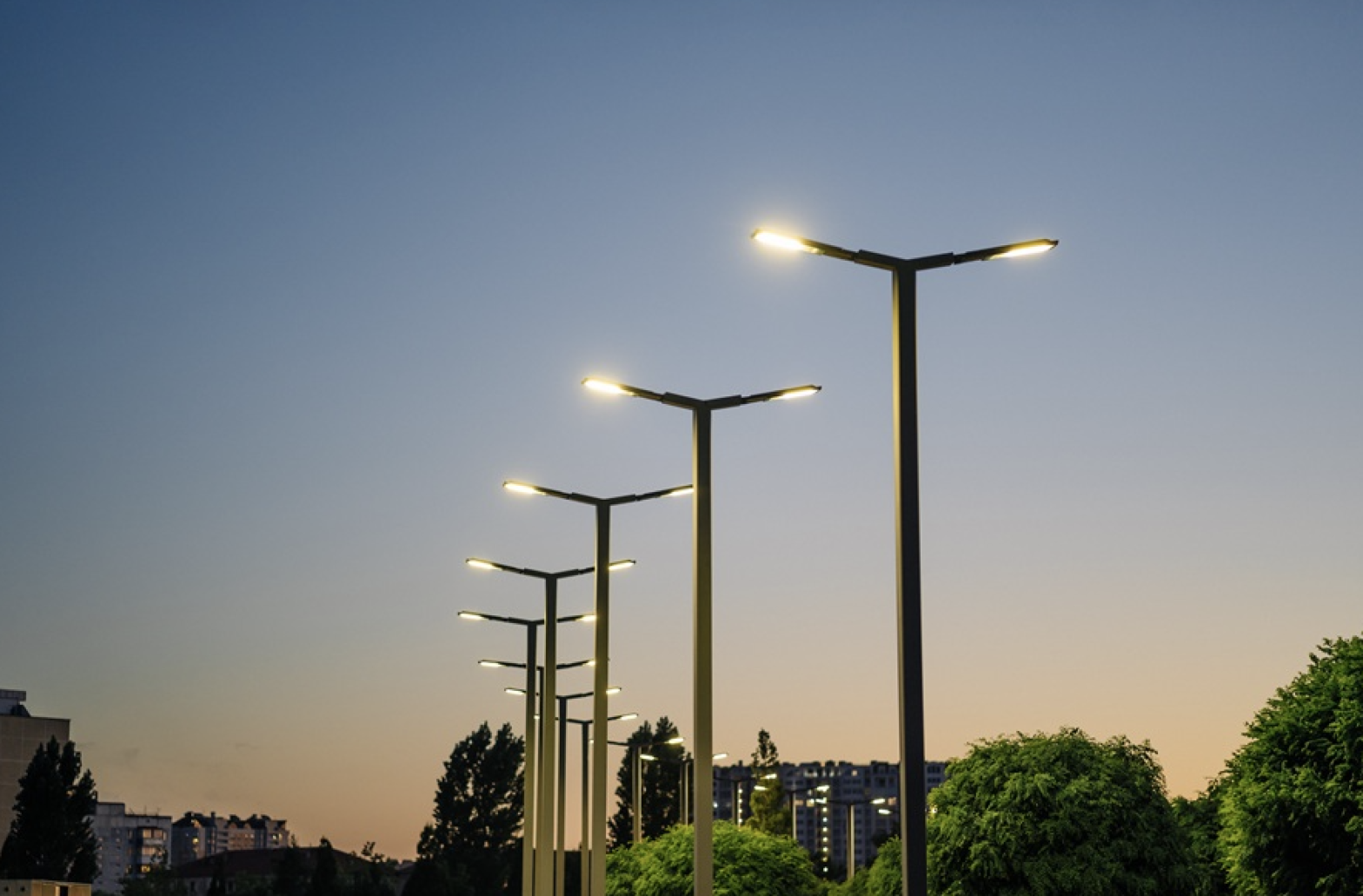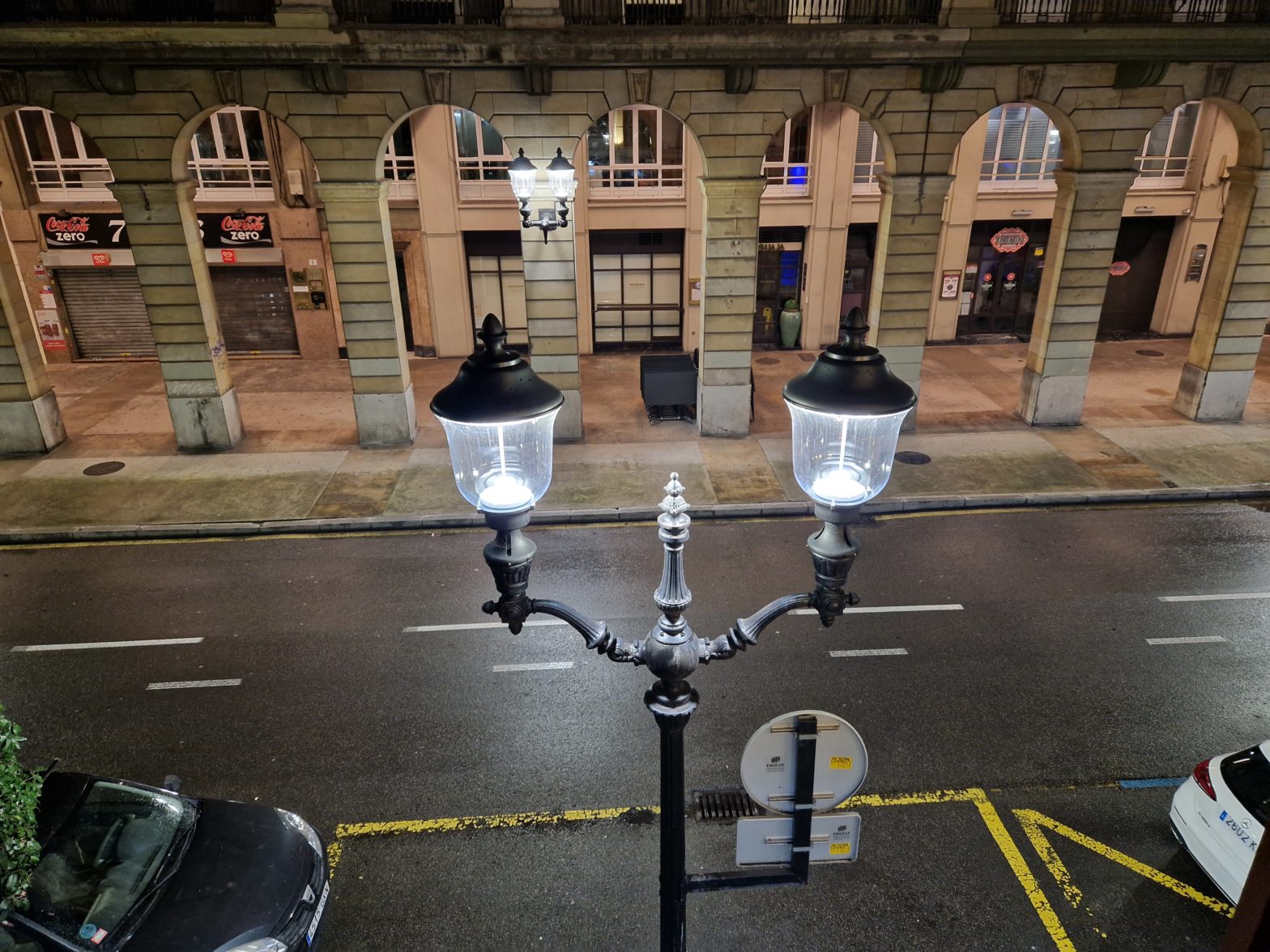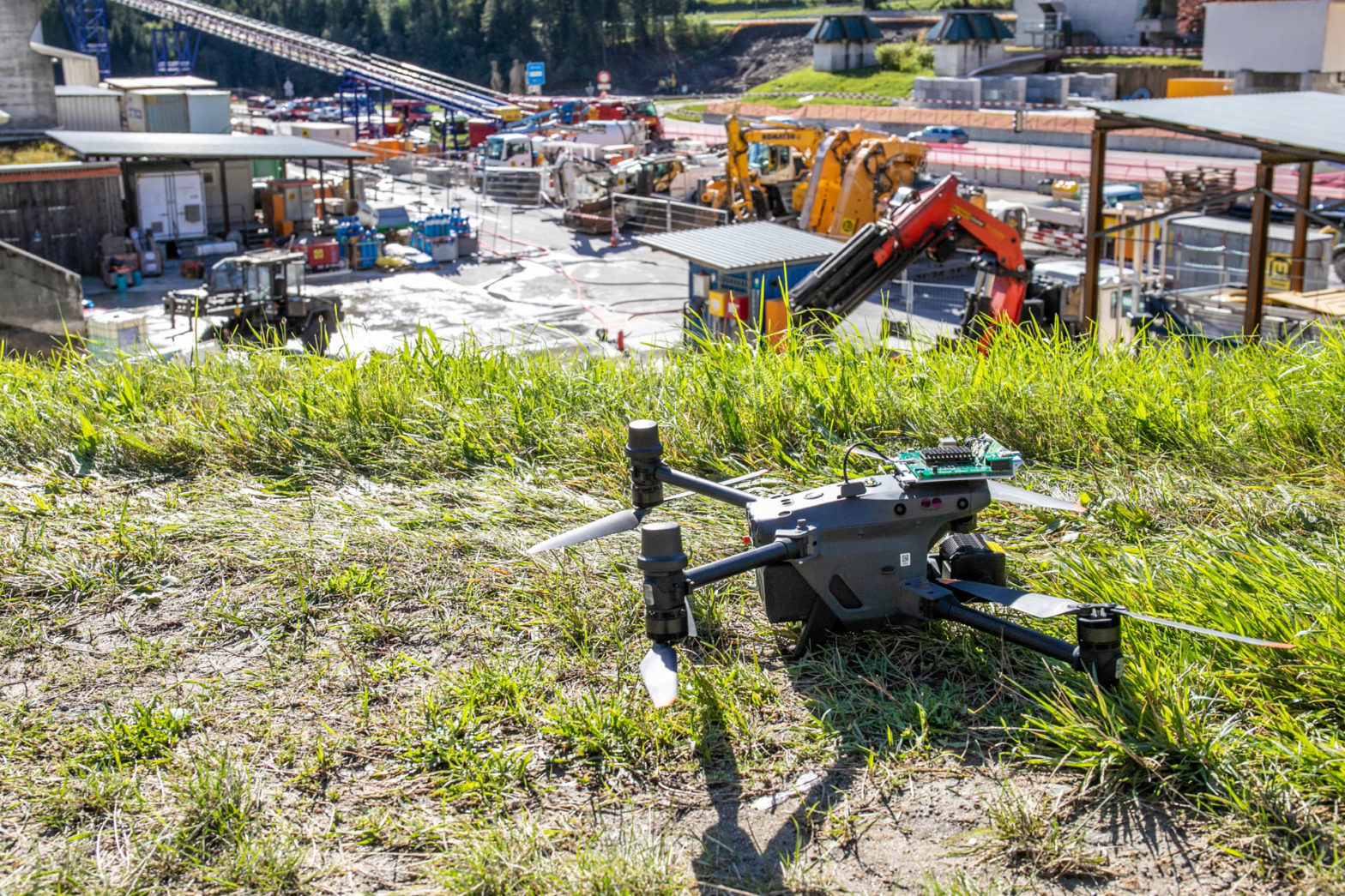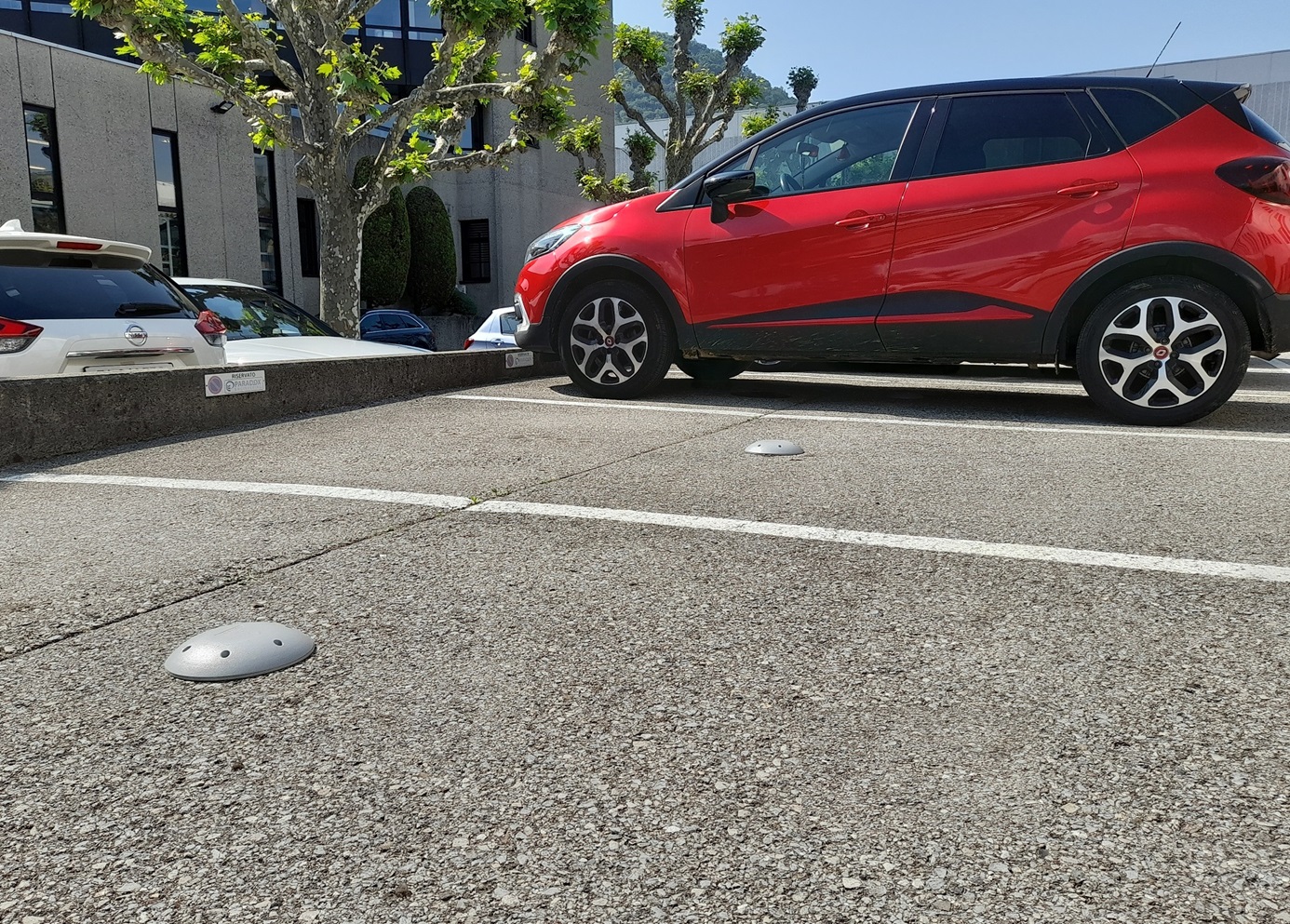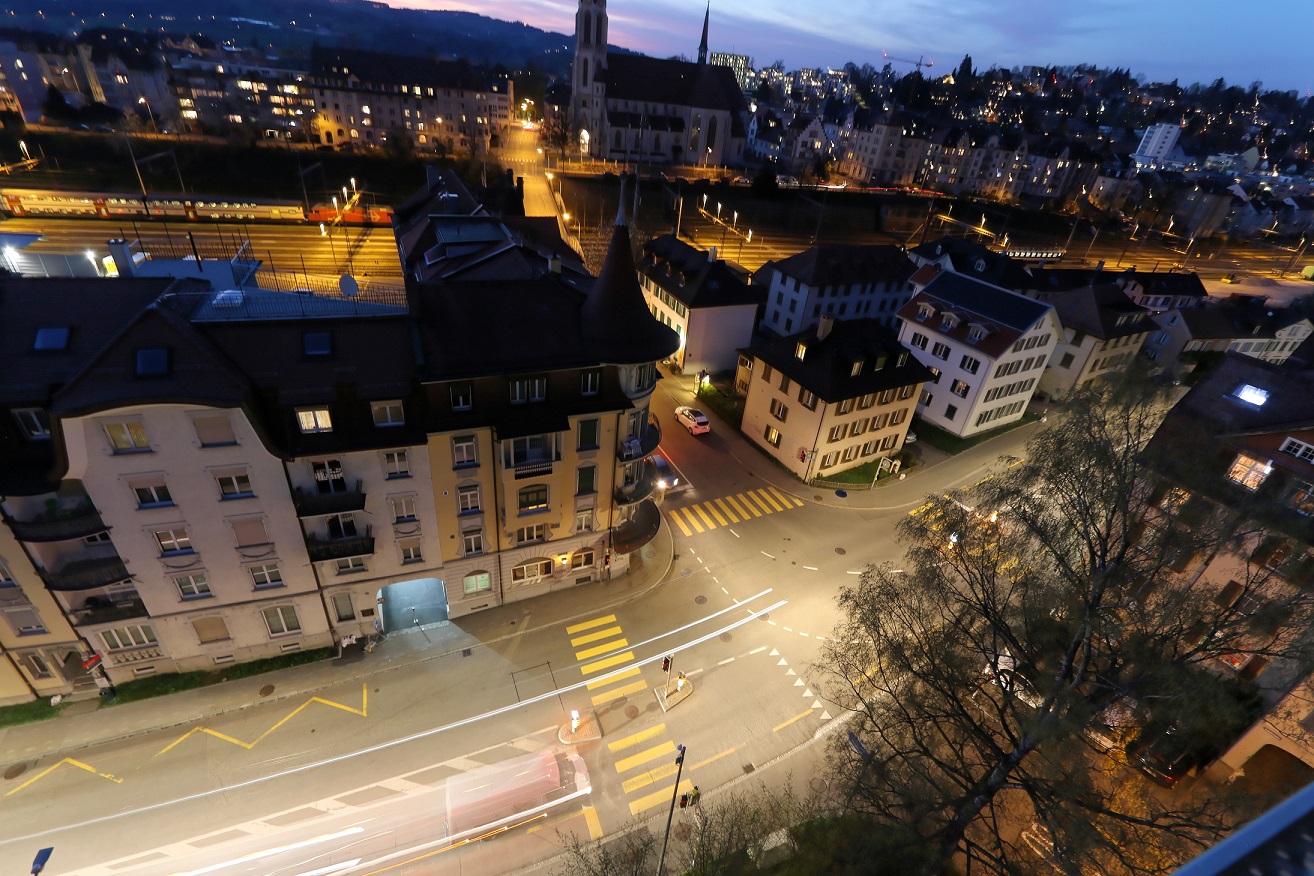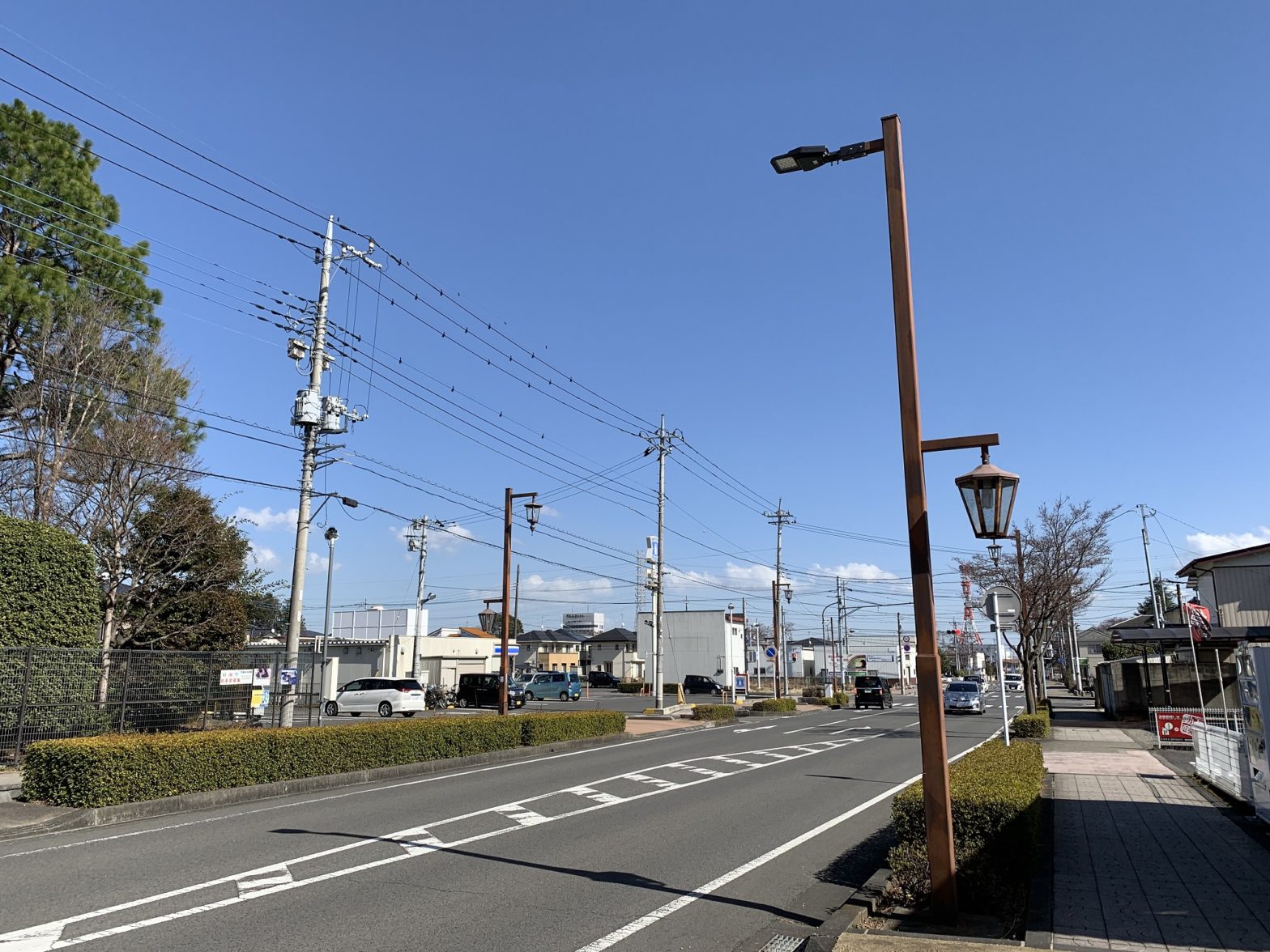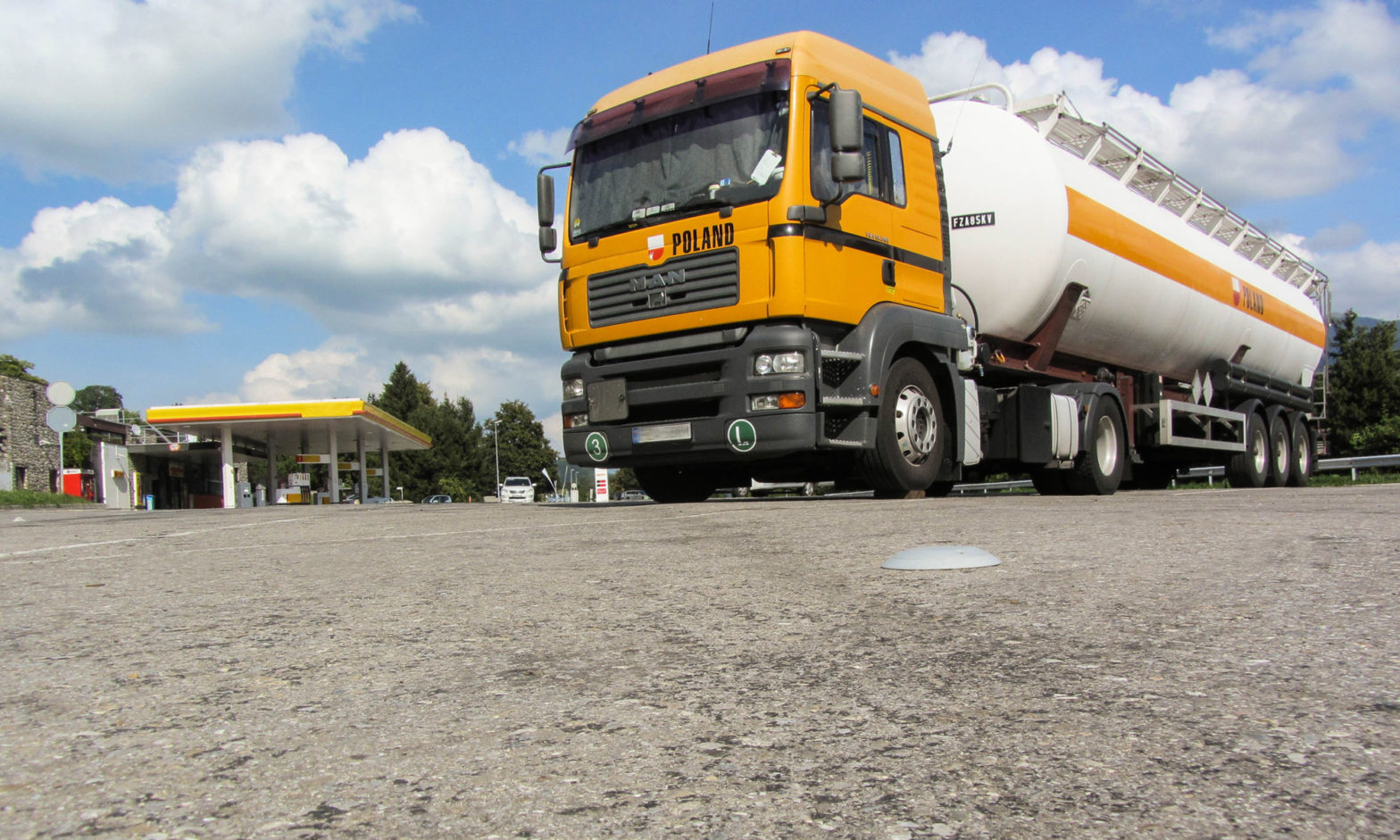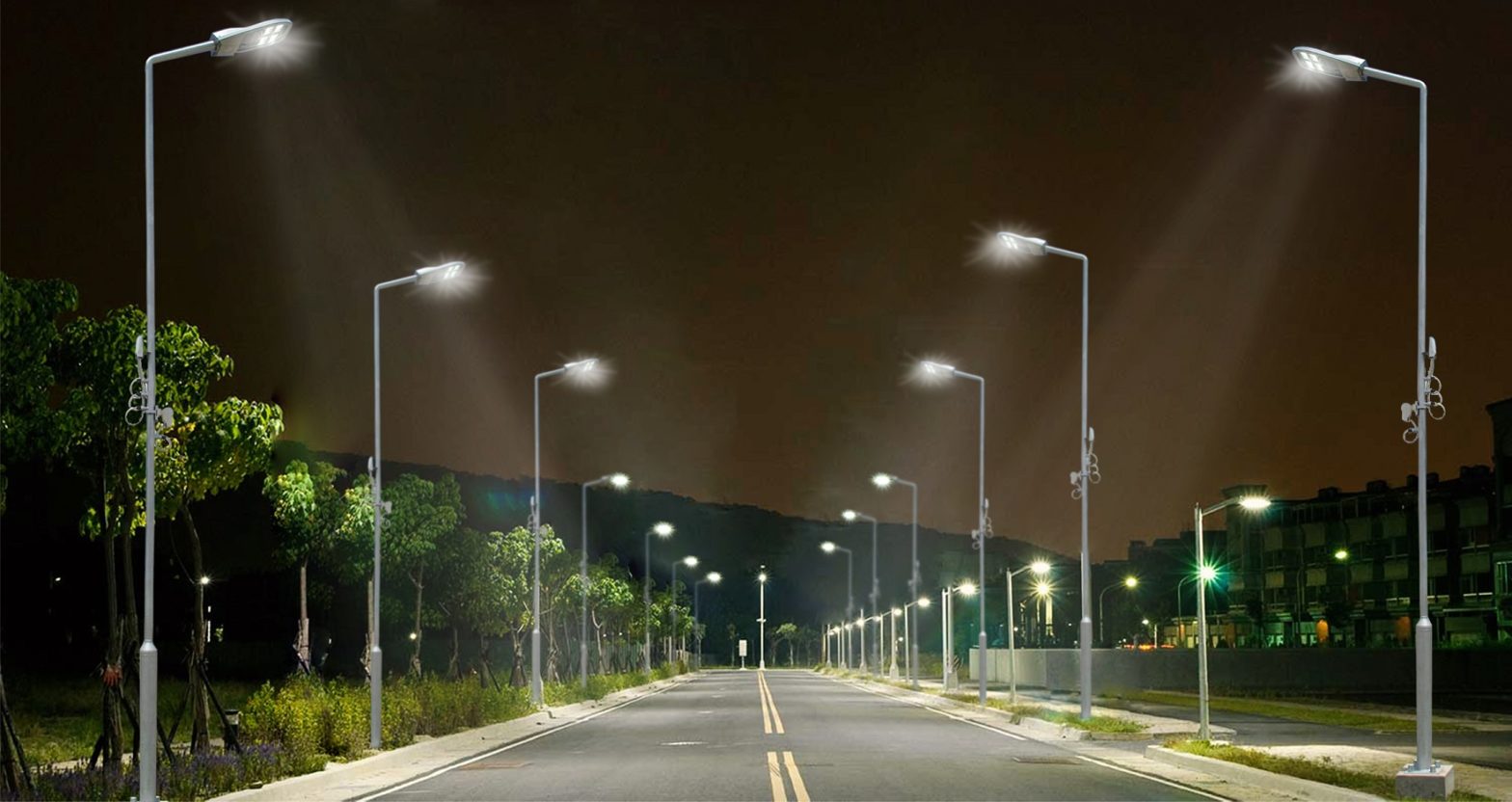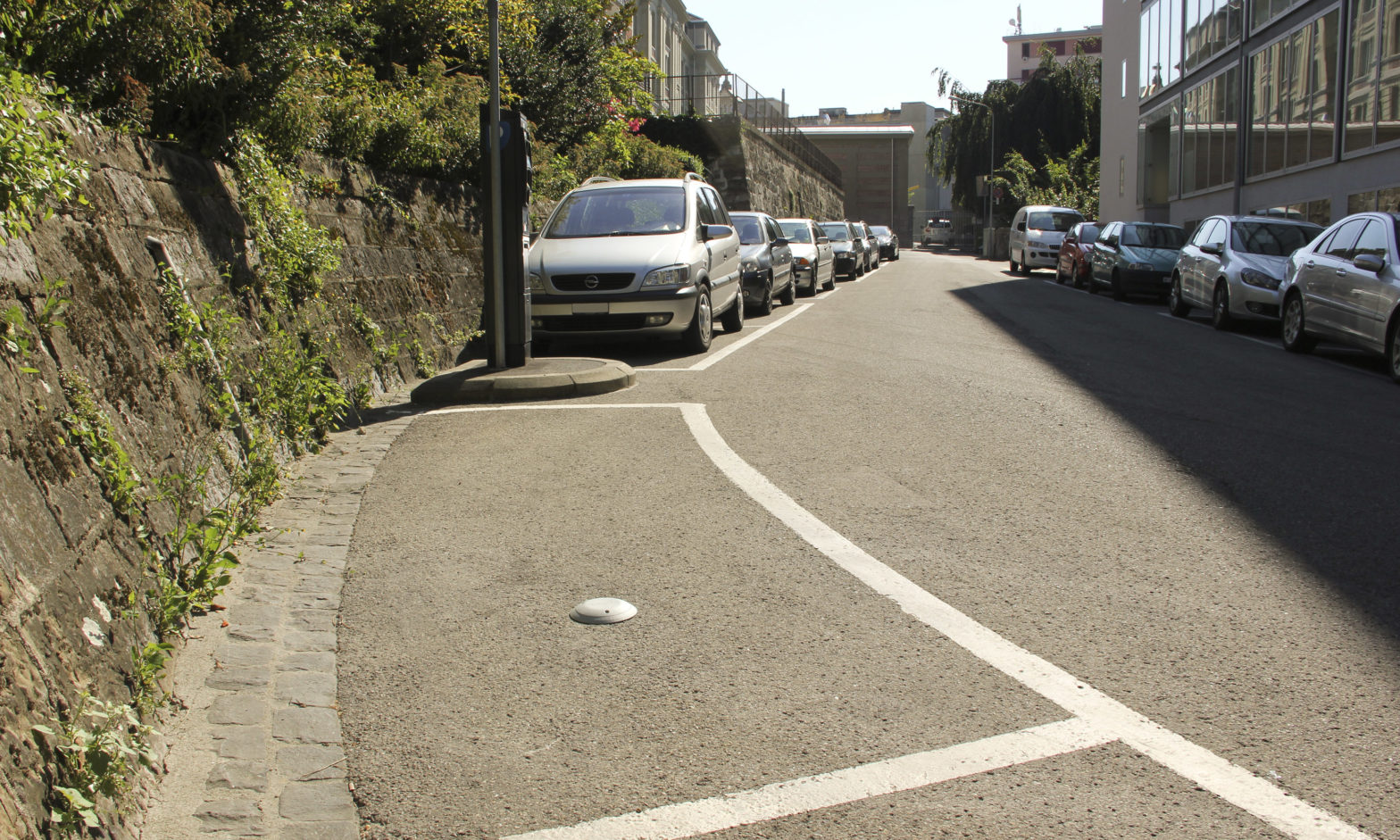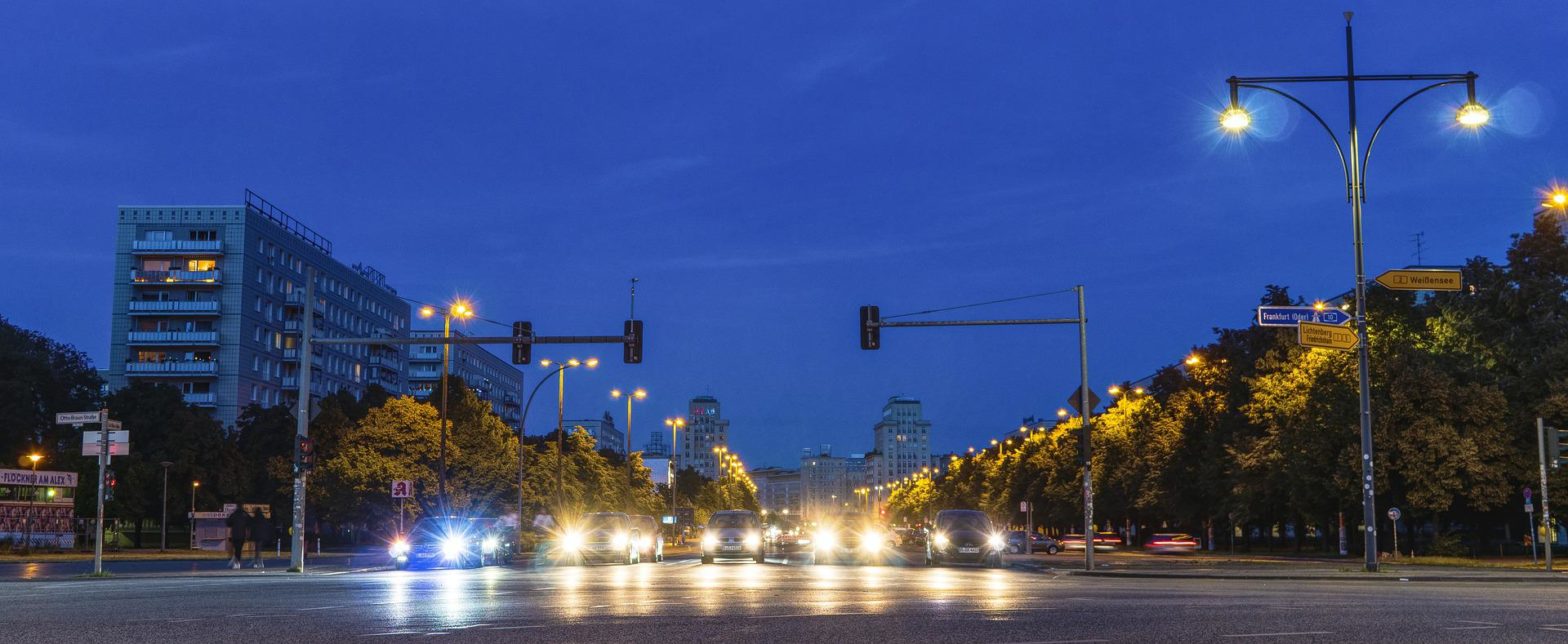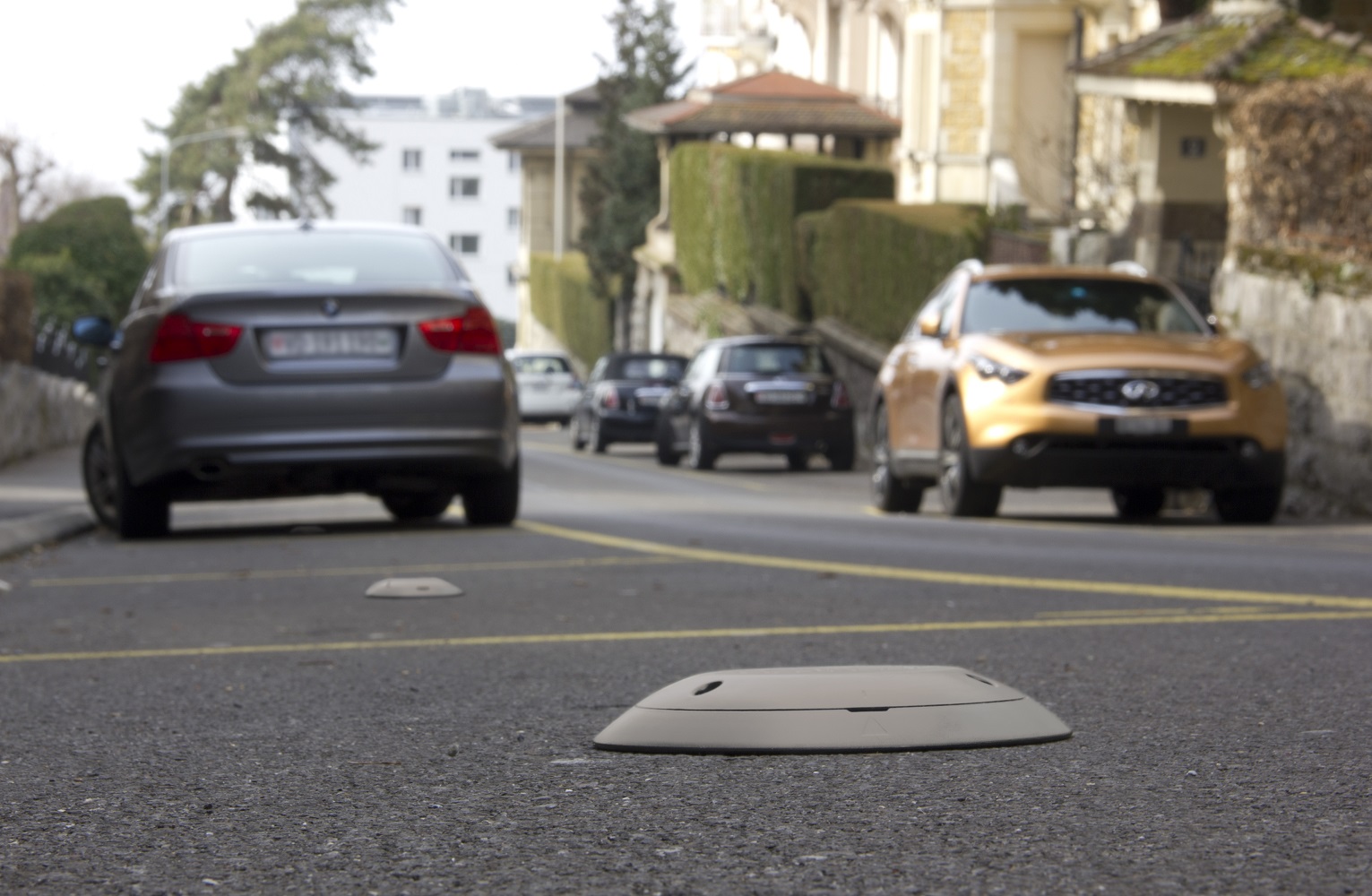
Photo: PNH_AdobeStock_511214352
Smart lighting is more than energy saving
25 March 2025
There are about 326 million streetlights all over the world, and they are expected to grow to over 361 million by the end of this decade. According to Northeast Group, about 25 percent of all streetlights globally have already been converted to LEDs. If investment trends are confirmed, a quarter of streetlights will turn smart by 2030, meaning they will be connected to smart networks to allow remote management and control.
This transition would surely contribute to the achievement of carbon neutrality goals worldwide. Street lighting is one of the largest sources of energy consumption and emissions under the direct control of cities: public street and area lighting account for up to 40 percent of electricity consumed by municipalities, and for about 1-3 percent of total electricity demand, as reported by The Climate Group.
The smarter management of streetlights represents an excellent opportunity for local governments, both from a financial and an environmental perspective.
“If we reduce the need for energy, we lower our bill, at the same time we decrease the impact on the environment and climate change,” say experts from Paradox Engineering, Swiss technology company specializing in Internet of Things (IoT) solutions for cities.
The first step is turning streetlights to energy-efficient LED lamps, immediately saving up to 70 percent in power consumption and related costs. As the price and quality of LED lighting continue to improve, costs will lower and lower. More power can be saved when transforming the lighting infrastructure into a smart, sentient network, thus enabling full remote management and control of single or grouped luminaires.
Remote on-off control, dimming, and scheduling functions are quick wins of IoT street lighting solutions, making them one of the most actionable and ready-to-implement technologies for cities to transition to a low-carbon economy. In Cambodia, more than 12,000 streetlights were replaced with LED luminaires and connected to a smart wireless network based on Paradox Engineering’s and MinebeaMitsumi’s technologies. The network covered several locations, including the cities of Phnom Penh and Siem Reap, and resulted in 559 tons of CO2 being avoided each year, which equates to 5,590 tons of CO2 in 10 years.
But Smart Lighting can be even more than energy and carbon emission savings.
“Street lighting is like the nervous system of a city, connecting almost any district and street with access to power. It can easily become a sensor platform, growing efficiency even further and providing vital data for a myriad of urban applications,” comments Paradox Engineering.
Examples of services that can be deployed together with smart lighting include traffic light controls and traffic management, smart parking and electric vehicle charging stations management, environmental monitoring.
Smart Lighting was the first IoT application implemented in Las Condes, Chile, back in 2018. The city replaced most of the streetlights with energy-efficient LED lamps and set up an interoperable wireless IoT network to manage and control public applications to be added over time. Leveraging Paradox Engineering’s Smart Urban Network, the cybersecure 6LoWPAN infrastructure currently connects over 17,000 streetlights, more than 1,000 parking lots, about 60 systems for traffic surveillance, over 50 smart totems and over 300 environmental sensors to measure outside temperature, air pollution and noise levels.
No wonder Smart Lighting continues to be a very sought-after asset of cities, increasingly investing in standard-based, interoperable IoT platforms to support current and future urban applications. If relying on agnostic technologies and open data models, Smart Lighting pays for itself thanks to the energy and efficiency savings, and the benefits for increasing sustainability and overall quality of life, including public safety and crime prevention.
About Paradox Engineering
Established in 2005 and headquartered in Switzerland, Paradox Engineering is the Internet of Things (IoT) Excellence Centre of MinebeaMitsumi Group. The company pioneers technologies to implement highly scalable IoT network solutions, from edge devices to management platforms, to control critical public services such as streetlighting, parking management, municipal waste collection, and environmental monitoring. Thanks to intelligent technology solutions, Paradox Engineering strives to unleash opportunities for people and communities, helping the transition towards more liveable, sustainable, and smarter cities.
For further information, please visit https://www.pdxeng.ch




